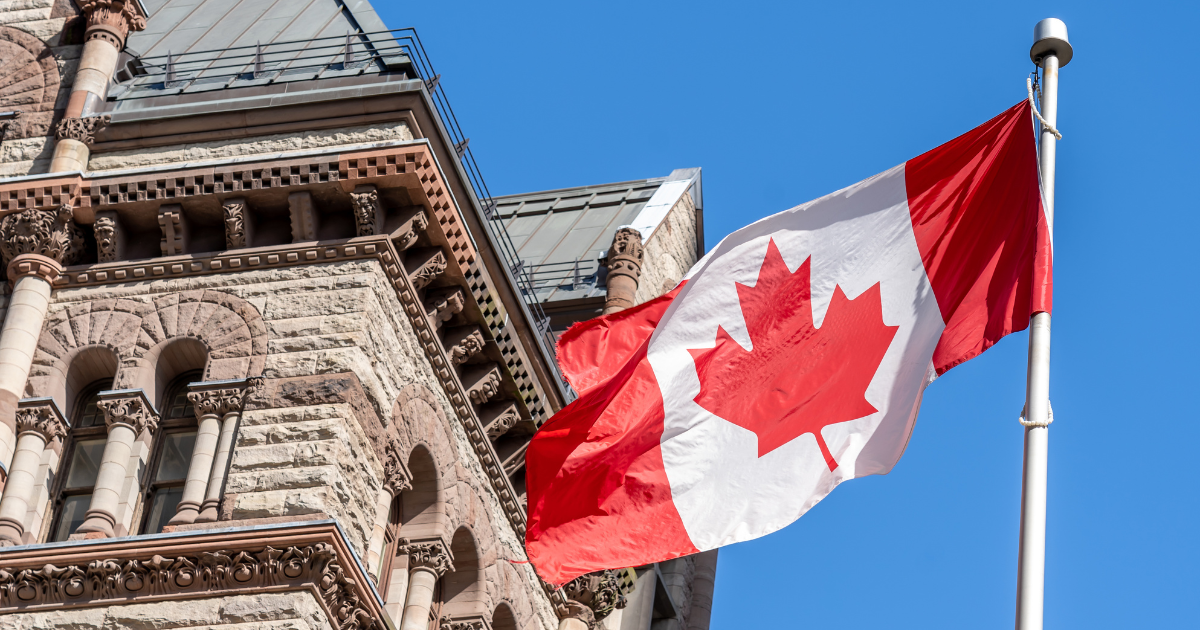Following VNExpress, Vietnam has officially amended its citizenship law, allowing foreigners married to Vietnamese citizens to apply for Vietnamese citizenship without the need to reside in the country. This significant change was approved by the National Assembly on June 23, 2025, and marks a major shift in Vietnam’s approach to naturalization and integration.
Key Changes to the Vietnamese Citizenship Law
Under the revised law:
-
Foreign spouses, children, parents, and grandparents of Vietnamese citizens are exempt from residency, language, and financial proof requirements.
-
Foreign experts, investors, and individuals recognized for their contributions to Vietnam may also be granted exemptions.
-
Applicants must still demonstrate legal capacity and commitment to complying with Vietnamese law and values. In cases where children apply jointly with a Vietnamese parent, the legal capacity requirement is waived.
Dual Citizenship Now Permitted in Certain Cases
The amendment also allows dual citizenship, a notable shift from past regulations. Foreigners who acquire Vietnamese citizenship through family ties may retain their original nationality, subject to approval from the President of Vietnam. Applications can be submitted either in-country or through Vietnamese embassies and consulates abroad, making the process more accessible for those living overseas.

Source: suckhoedoisong.vn
Greater Flexibility in Naming
Another update in the law allows new citizens to retain part of their original name alongside their Vietnamese name. Previously, individuals naturalized in Vietnam were required to adopt a fully Vietnamese or ethnic minority name. The change offers more cultural inclusivity and reflects a growing recognition of dual identities.
A Strategic Move Toward Global Integration
Vietnamese officials have described the reform as a step toward attracting highly skilled professionals, investors, scientists, and other global talent. It also strengthens ties with the Vietnamese diaspora and supports the rights of mixed-nationality families. By easing the path to Vietnamese citizenship, the country hopes to encourage long-term residency, contribution, and cultural connection.
Follow us for more news on immigration insights.









